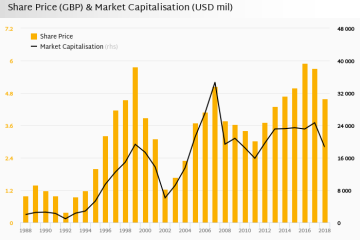Understanding Aldi Store Closures and Their Impact

Introduction
Aldi, a prominent player in the UK supermarket sector, is undergoing a significant phase of store closures amid ongoing economic challenges. This trend not only affects the company but also has wide-ranging implications for shoppers who rely on its budget-friendly offerings. With inflation affecting consumers’ purchasing power, the closure of these stores raises questions about access to affordable food and the future of discount retail in the UK.
Details of Store Closures
In recent months, Aldi has announced plans to close a select number of its locations across the UK as part of its strategy to restructure operations following supply chain disruptions and changing consumer habits due to the rising cost of living. According to company statements, Aldi’s management has indicated that the closures will focus primarily on underperforming stores, which have seen a decline in footfall as consumers gravitate towards online shopping or alternative providers. The specific stores targeted for closure are yet to be publicly disclosed, but affected communities are bracing for the impact.
Impact on Local Communities
The closure of Aldi stores could have significant repercussions for local communities, particularly in areas where the supermarket is one of the few affordable grocery options available. A report by the Institute for Fiscal Studies highlights that low-income households are particularly vulnerable to rising food prices and decreasing access to discount retailers. For many, Aldi’s competitive pricing is essential for maintaining their household budgets. As these closures unfold, residents may face increased travel distances to secure affordable grocery options, raising concerns about food accessibility and equity.
Looking Ahead
As Aldi navigates these operational challenges, the broader implications for the discount supermarket sector remain to be seen. The chain has continually emphasised its commitment to expanding its presence in the UK, but these recent closures may prompt a reevaluation of the overall strategy. Market analysts speculate that the closures could lead to intensified competition among other discount retailers, like Lidl and Tesco, who may seize the opportunity to capture the market share left behind by Aldi’s retreat in certain areas.
Conclusion
The unfolding situation regarding Aldi store closures is a critical development in the UK’s retail landscape. While it signifies a strategic move by the chain during economically turbulent times, it poses potential challenges and adjustments for consumers. As we look ahead, the relationship between discount retailers and community accessibility will be pivotal, highlighting the need for continued support for food affordability as the cost of living continues to strain budgets. Shoppers and policymakers alike must remain attentive to how these closures will reshape the grocery landscape in the years to come.









